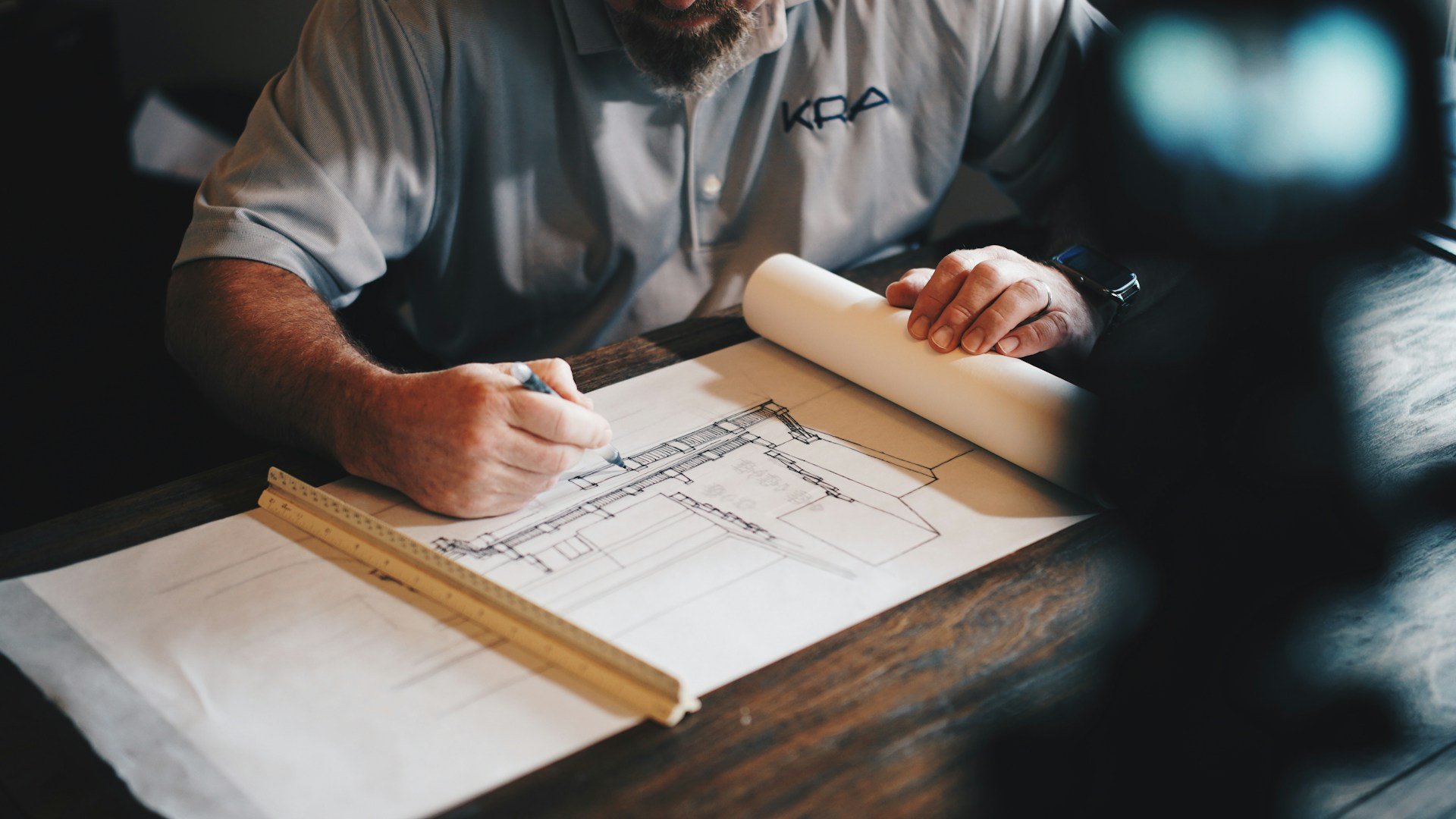Complete Guide to the Chicago Express Permit Process

Are you looking to streamline the building permit process for your Chicago real estate investments? Look no further than the Express Permit Program (EPP), which made its debut in November 2023. Designed to simplify the permitting process for a range of projects, the EPP holds the promise of saving you valuable time and effort. In this blog post, we'll delve into what the EPP entails and how it can benefit your investment ventures.
What can you get an EPP for?
- Repairs & replacements (roofs, windows, doors, siding)
- Non-structural interior alterations (painting, flooring, cabinetry)
- Specific improvements (adding solar panels, detached garages)
Benefits for Real Estate Investors:
- Faster turnaround times: EPP applications are reviewed quicker compared to the traditional process, meaning your projects can move forward faster.
- Online convenience: Apply, track status, and pay fees online, saving you trips to City Hall.
- Transparency & control: Access your application status and inspection results 24/7 through the online portal.
Things to remember:
- Not all projects qualify. Larger renovations, structural changes, and new construction require the traditional permit process.
- If your project involves a licensed Chicago general contractor, they need to electronically accept the job before the permit is issued.
- Why type of work does NOT require a building permit: Building Permit Not Required.
The EPP Process
Before you begin:
- Check project eligibility: Use the EPP website's "Guided Worktypes" section to see if your project qualifies and find specific instructions.
- Gather necessary documents: This might include property ownership proof, architectural plans, contractor licenses (if applicable), and project descriptions.
General Steps:
- Create an online account: Register on the City's online portal.
- Choose your worktype: Select the "Guided Worktype" that best matches your project.
- Provide project details: Carefully enter all required information, including project scope, location, and estimated costs. Upload any necessary documents.
- Pay fees: Pay the associated fees electronically using the online portal.
- Contractor involvement: If your project involves a licensed contractor, they will receive an email notification and need to electronically accept the job before the permit is issued.
- Review and issuance: The City will review your application and may request additional information. Once approved, you'll receive the permit electronically.
Drawing requirements:
While the EPP simplifies the process, certain projects still require drawings to ensure safety and compliance. This may involve:
- Structural changes: Modifying load-bearing walls, adding beams, or reinforcing existing structures.
- Work in multiple units/common areas: Affecting more than one unit in a multi-unit building or modifying common areas.
- Complex electrical/plumbing work: Rewiring, adding circuits, or altering the plumbing system.
Projects typically not requiring drawings:
- Non-structural interior alterations: Painting, flooring, replacing cabinets, or installing non-structural partitions.
- Roof replacements: As long as the roof remains the same size and structure.
- Window replacements: Replacing windows with similar size and type.
Architectural Drawings vs. Drawings:
Understanding the difference between architectural drawings and regular drawings is crucial:
- Architectural drawings: Prepared by licensed architects, adhering to specific standards, detailed and comprehensive, necessary for complex projects. Think of them as blueprints - detailed instructions for construction.
- Drawings (not architectural): Can be prepared by various professionals, less detailed, suitable for non-structural projects. Think of them as sketches - they give a general idea but lack the technical specifics needed for complex projects.
When in doubt, consult a professional:
If unsure about drawing requirements, it's best to seek help from:
- The EPP website's "Guided Worktypes": Specifies if drawings are necessary.
- A Chicago general contractor: They can assess your project and advise on the appropriate level of drawings.
- A licensed architect or engineer: They can create architectural drawings for complex projects requiring structural modifications.
Here's an analogy: Think of architectural drawings as blueprints - detailed instructions for construction. Drawings (not architectural) are like sketches - they give a general idea but lack the technical specifics needed for complex projects
More information:
Check out this youtube video by the City Of Chicago introducing the express permit process:
Introduction to Express Building Permits
If you still have building permit questions or need help with your project, schedule a consultation with our team. Quality Builders is the premier Chicago general contractor, specializing in the development of single-family homes, 2 to 4-unit multi-family homes, and 5 to 50-unit medium multi-family properties.
Photo by Daniel McCullough on Unsplash
